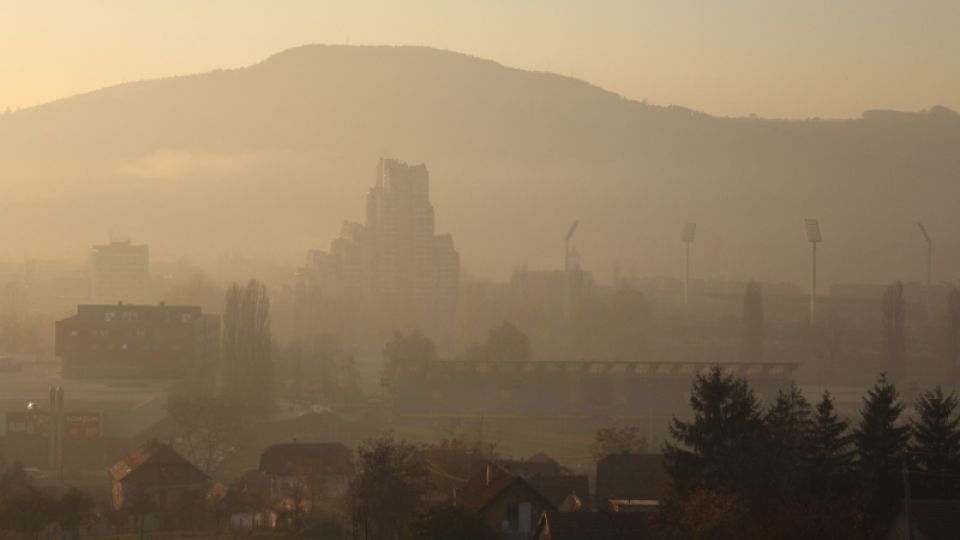"We cannot breathe and the town hall doesn't do anything about it." say neighbours in their conversations and hundreds of people at manifestationsin the Bosnian town of Zenica, where the steelworks are operated by ArcelorMittal corporate, well known for its exhalations also in the Czech Republic. Recently, in Zenica city, the meandaily concentration limit for sulfur dioxide [125 microgrammes of SO2 per square meter of air] was exceeded in thirty two cases out of thirty five measurements. Since December, the factory in Zenica posesses fivelapsed permits out of nine in total, hence its production is illegal. However, the representatives of the city are blind to this situation. Arnika helps the local people in the fight against the violations of the applicable laws and defends human rights, especially the right to a healthy environment,
"The people of Zenica cannot breathe because of such state of air pollution like the one we were used to towards the end of communist era in the former Czechoslovakia in the areas of Ostrava and Ustí nad Labem. The right to a healthy environment and environmental information is one of the main pillars of modern European democracy. While in Karlstad, Sweden, one would hardly notice passing the ironworks, Mittal in Ostrava is already a major contributor to air pollution and in Zenica toxic substances literally poison the inversion lid over the valley. We help local people by creating a strategy on how to deal with the authorities, and we also publicize to the international community of the problem." Arnika's spokesman Vratislav Vozník commentson the activity in Bosnia and Herzegovina.
Hourly and daily average values of sulphur dioxide are exceeded quite frequently, often more than quadrupled. According to Samir Lemeš, representative of Eko-forum Zenica, Arnika's partner, local authorities installed information screens with information about the actual pollution, but they often do not function properly. On the website the information is available up to several days late, which also raises the question whether the data are retroactively adjusted in the meantime. In addition, local authorities are failing in their duty to report the smog situation and in the pollution regulation itself.







